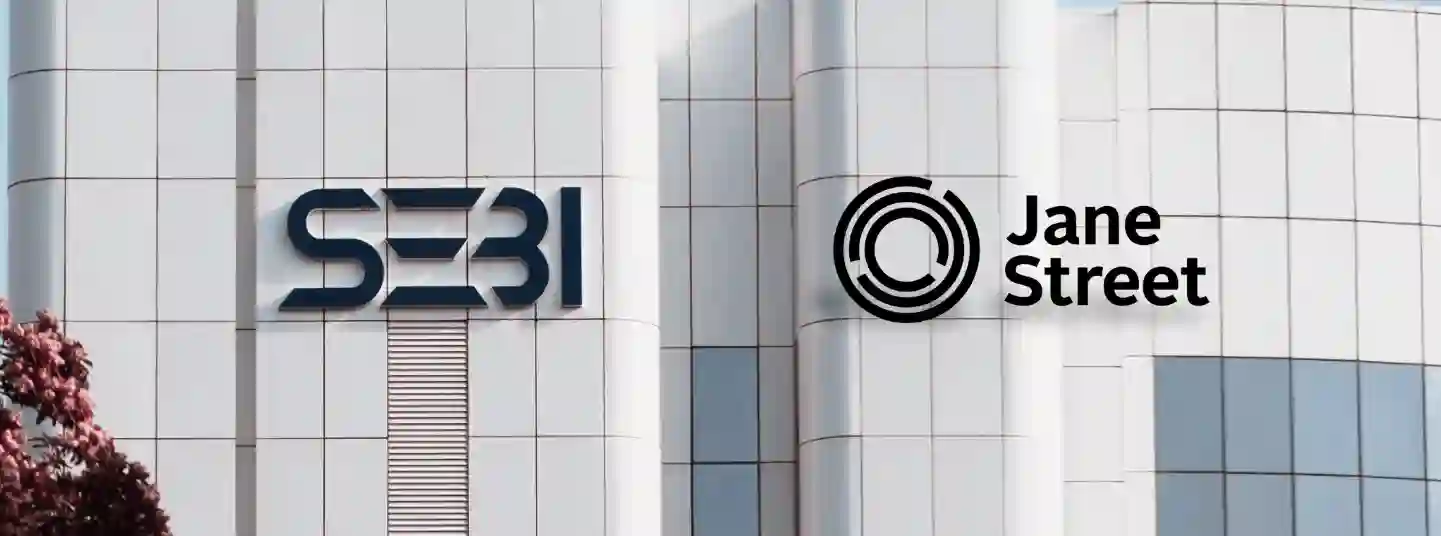Jane Street Faces SEBI Ban as F&O Trade Volumes Decline Significantly

India’s futures and options (F&O) market experienced a significant decline in trading activity last week, with volumes plummeting nearly 20%. This downturn follows the Securities and Exchange Board of India’s (Sebi) recent ban on the New York-based quantitative trading firm Jane Street, which has been accused of market manipulation. The daily average turnover in index options on the National Stock Exchange (NSE) dropped by 17.4% compared to the previous week, raising concerns about the potential impact on stock exchanges’ earnings in the near future.
Impact of Sebi’s Ban on Trading Volumes
The ban imposed by Sebi on Jane Street has had immediate repercussions on the trading landscape in India. Analysts suggest that the exit of this major market-making participant has led to a decrease in market liquidity and efficiency. Vaibhav Sanghavi, CEO of ASK Hedge Solutions, noted that the recent dip in options turnover is a direct result of Jane Street’s absence. The regulatory body accused the firm of orchestrating deliberate market manipulation, allegedly amassing profits of around Rs 36,500 crore through various market segments, including cash equities and index options. The investigation revealed that Jane Street engaged in concurrent transactions aimed at influencing market movements, particularly on index option expiry days.
Decline in Trading Activity
The effects of the ban were starkly evident during the weekly options expiry on Thursday, which is typically one of the most active trading sessions. Turnover fell by over 21%, dropping to approximately Rs 472.5 lakh crore from Rs 601.2 lakh crore the previous week. Additionally, index futures volumes saw a nearly 24% decline during the expiry week of July 4–10, while index options volumes decreased by 16.5%. This significant drop in trading activity has also affected the shares of both the Bombay Stock Exchange (BSE) and the NSE, with NSE’s unlisted shares falling by 6% and BSE’s listed stock declining by 16% since Sebi’s order on July 3.
Market Reactions and Future Outlook
Despite the downturn, there was a brief uptick in trading volumes on July 11, with index futures, stock futures, and stock options increasing by 17%, 18%, and 28%, respectively, compared to the same day the previous week. Sanghavi indicated that while this surge might temporarily lower overall turnover, it could contribute to a more balanced market by diminishing the advantage held by high-frequency or algorithmic traders, who typically account for 40-45% of options trading volumes. However, analysts remain cautious about a quick recovery to previous peak volumes, which could have implications for the earnings of stock exchanges in the coming months.
Long-Term Implications for the F&O Market
The ongoing situation raises questions about the long-term health of India’s F&O market. With Jane Street’s exit, other major firms have also reduced their trading volumes, further complicating the market dynamics. The regulatory scrutiny surrounding high-frequency trading practices may lead to a reevaluation of trading strategies among market participants. As the market adjusts to these changes, stakeholders will be closely monitoring trading volumes and liquidity levels to gauge the overall impact on the F&O landscape in India. The coming weeks will be crucial in determining whether the market can stabilize and regain its momentum or if the effects of the ban will linger longer than anticipated.
Observer Voice is the one stop site for National, International news, Sports, Editor’s Choice, Art/culture contents, Quotes and much more. We also cover historical contents. Historical contents includes World History, Indian History, and what happened today. The website also covers Entertainment across the India and World.
Follow Us on Twitter, Instagram, Facebook, & LinkedIn

